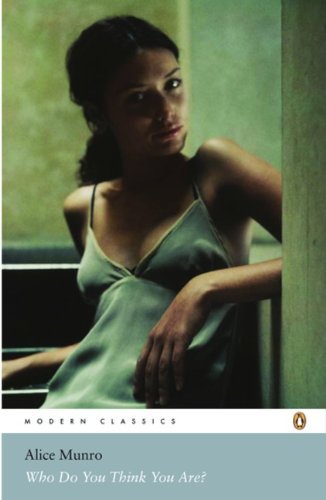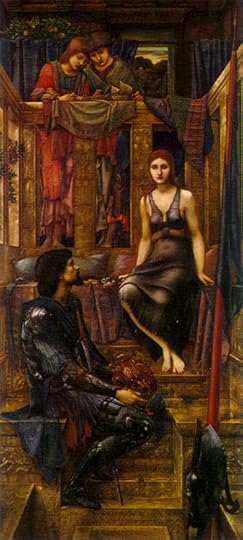What do you think?
Rate this book


Paperback
First published January 1, 1978





Flo was his idea of what a woman ought to be, Rose knew that, and indeed he often said it. A woman ought to be energetic, practical, clever at making and saving; she ought to be shrewd, good at bargaining and bossing and seeing through other people’s pretentions. At the same time she should be naïve intellectually, childlike, contemptuous of maps and long words and anything in books, full of charming jumbled notions, superstitions, traditional beliefs…
…So part of Rose’s disgrace was that she was female but mistakenly so, would not turn out to be the right kind of woman. But there was more to it. The real problem was that she combined and carried on what he must have thought of as the worst qualities in himself. All the things he had beaten down, successfully submerged, in himself, had surfaced again in her, and she was showing no will to combat them. She mooned and daydreamed, she was vain and eager to show off; her whole life was in her head. She had not inherited the thing he took pride in, and counted on—his skill with his hands, his thoroughness and conscientiousness at any work; in fact she was unusually clumsy, slapdash, ready to cut corners. The sight of her slopping around with her hands in the dishpan, her thoughts a thousand miles away, her rump already bigger than Flo’s, her hair wild and bushy; the sight of the large and indolent and self-absorbed fact of her, seemed to fill him with irritation, with melancholy, almost with disgust.
Flo said to watch for White Slavers. She said this was how they operated: an old woman, a motherly or grandmotherly sort, made friends while riding beside you on a bus or train. She offered you candy, which was drugged. Pretty soon you began to droop and mumble, were in no condition to speak for yourself. Oh, help, the woman said, my daughter (granddaughter) is sick, please somebody help me get her off so that she can recover in the fresh air. Up stepped a polite gentleman, pretending to be a stranger, offering assistance. Together, at the next stop, they hustled you off the train or bus, and that was the last the ordinary world saw of you. They kept you prisoner in the White Slave place (to which you had been transported drugged and bound so you wouldn’t even know where you were), until such time as you were thoroughly degraded and in despair, your insides torn up by drunken men and invested with vile disease, your mind destroyed by drugs, your hair and teeth fallen out. It took about three years, for you to get in this state. You wouldn’t want to go home, then, maybe couldn’t remember home, or find your way home if you did. So they let you out on the streets.